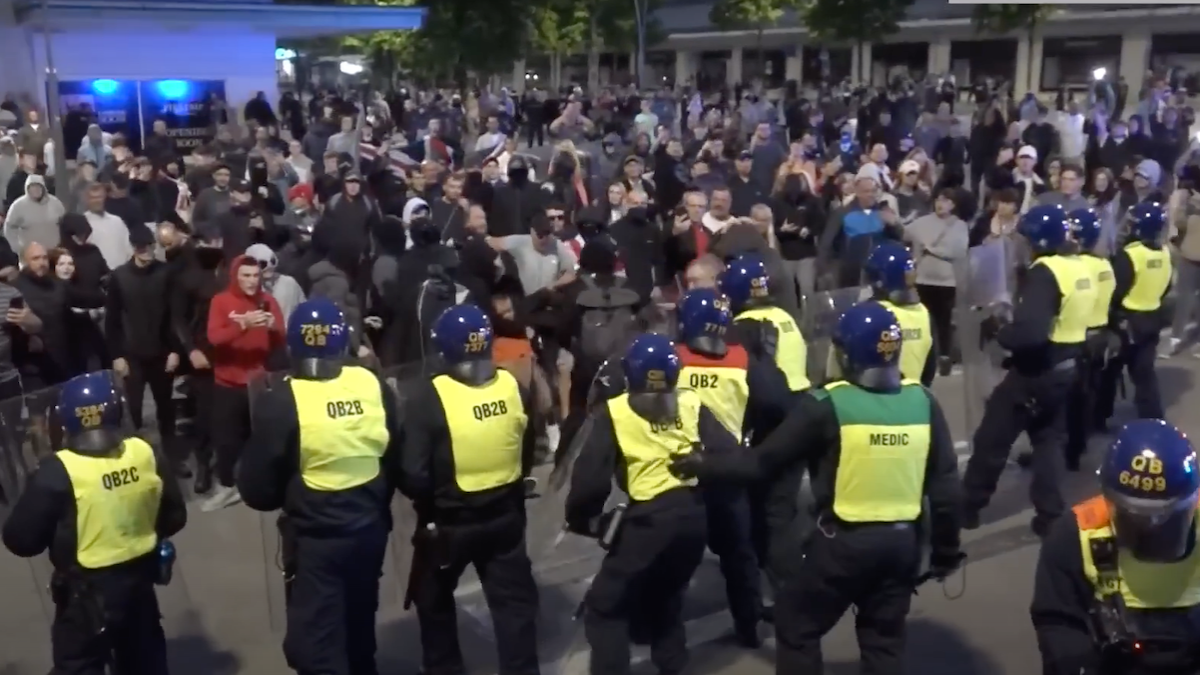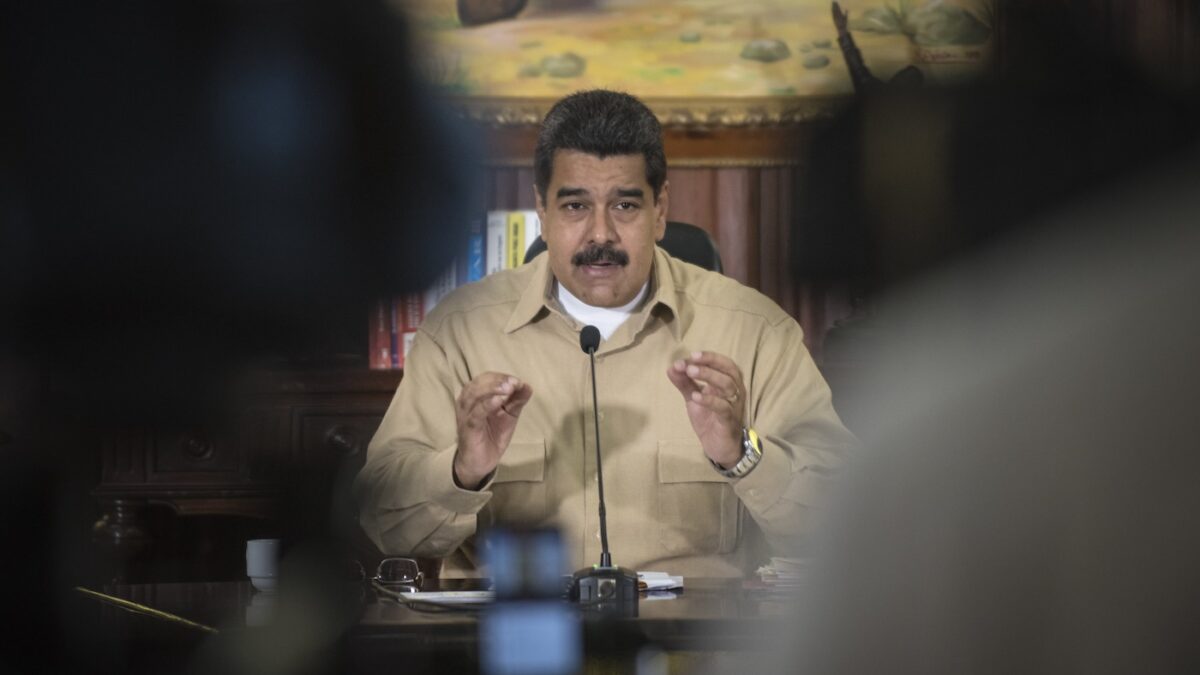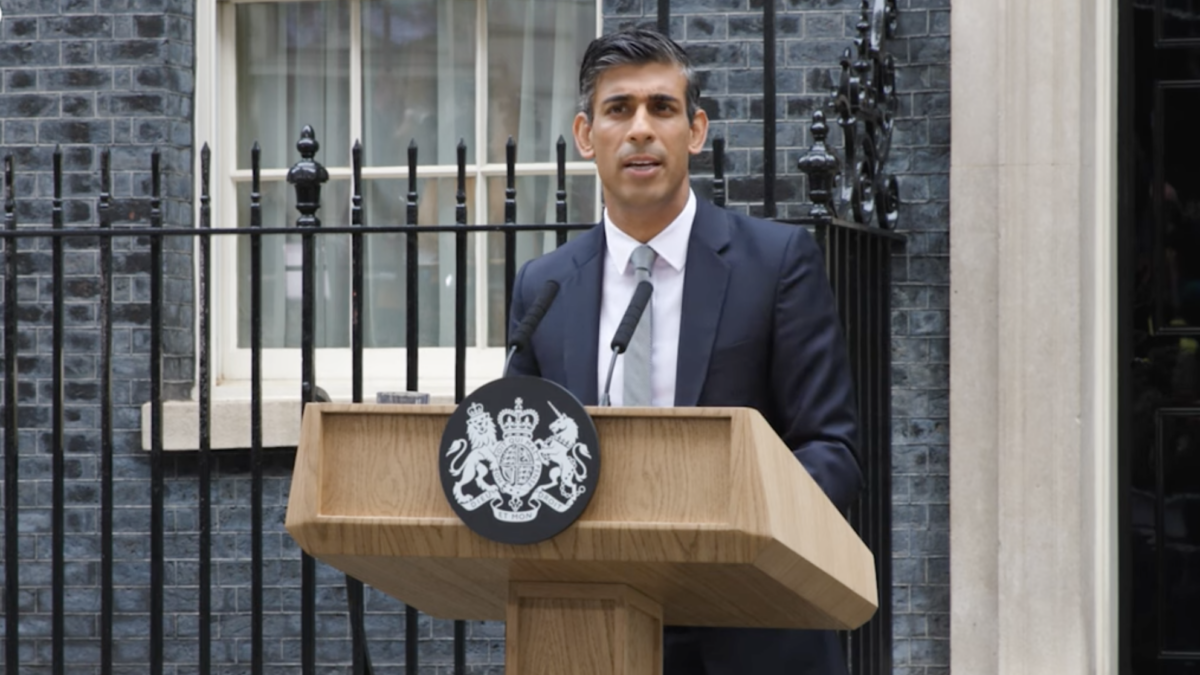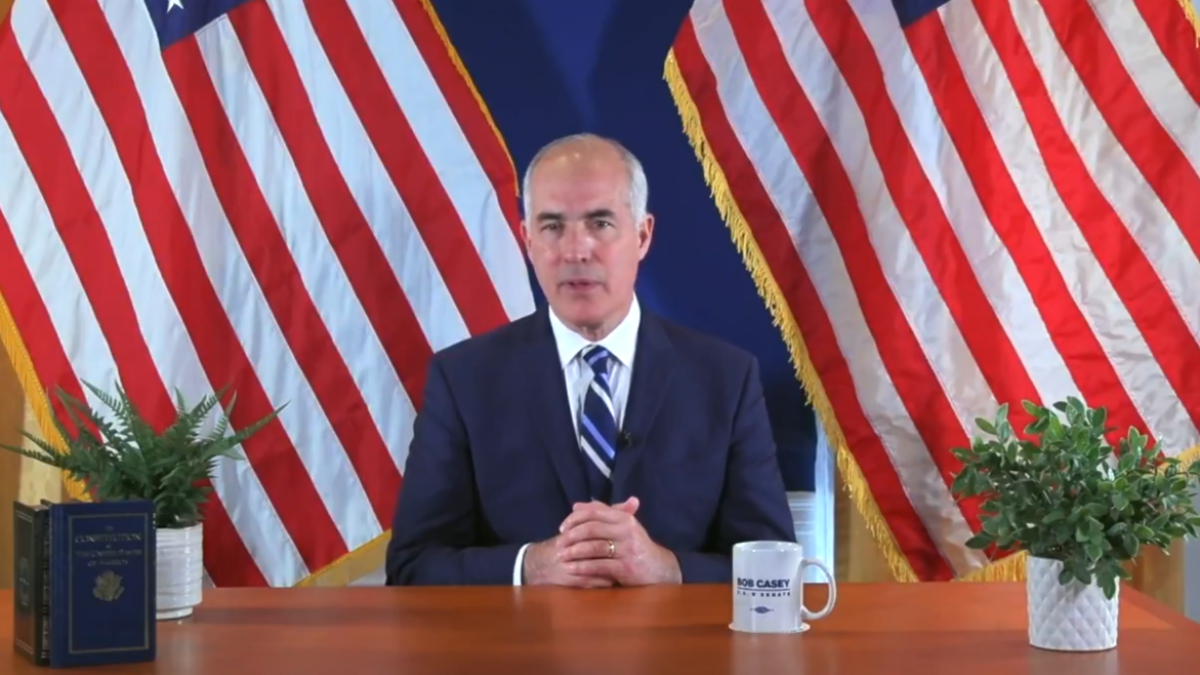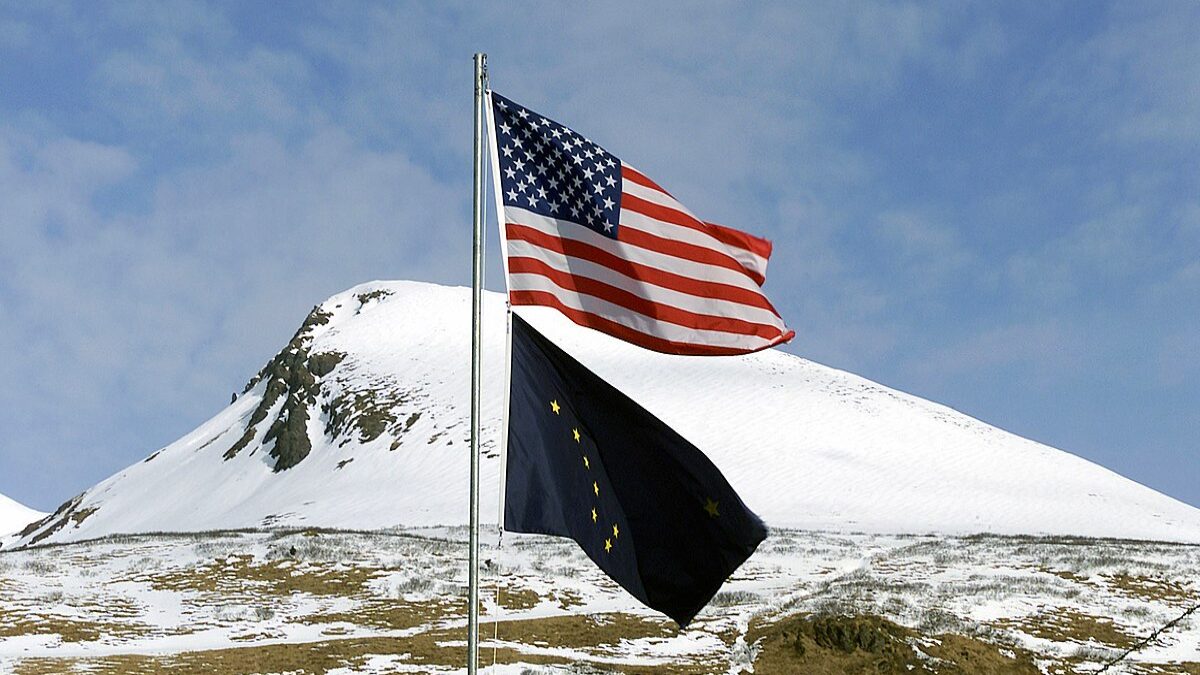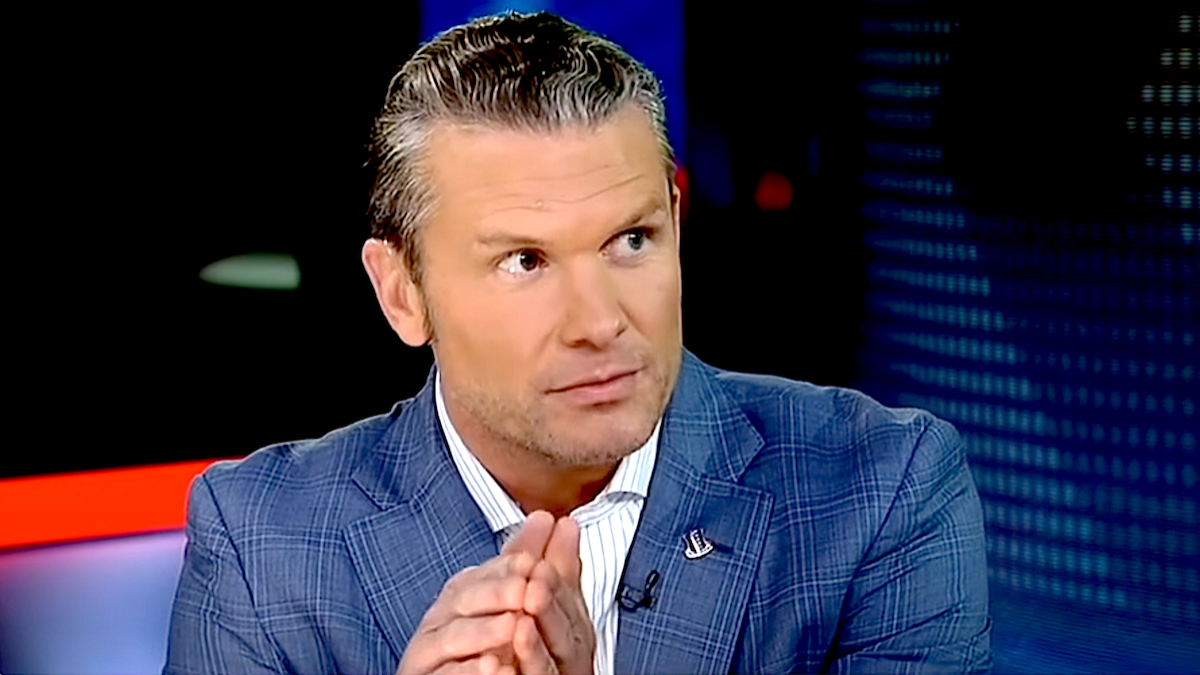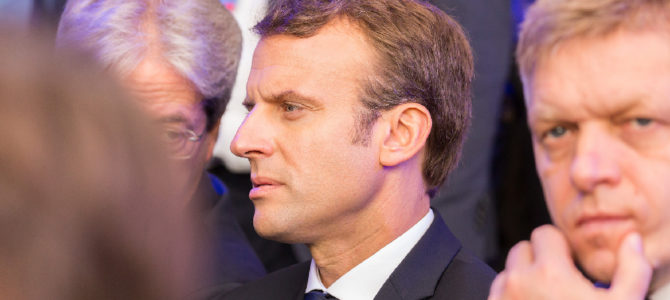
France’s motto is “Liberté, Égalité, Fraternité,” or “Liberty, Equality, Brotherhood.” Over several decades the French government has tried to achieve this motto through socialist policies. However, French President Emmanuel Macron’s climate change gas tax hike appears to be a watershed moment.
Many French working and middle-class citizens feel they have little liberty to live how they would like. They also feel that there is a lack of equality regarding public services and a lack of brotherhood between different parts of France as well as between government officials, like President Macron, and the middle class.
This sentiment has created much of what is being called the “yellow vest” movement. This movement appears to be comprised of mainly the French middle class; however, many supporters are said to be from various socioeconomic backgrounds. The one uniting factor appears to be the gas tax. France has been rocked by yellow vest protests for the last four weeks. Now this movement is appearing in Belgium and the Netherlands.
Could this be the beginning of the end for European socialism? Maybe. According to interviews with yellow vest protesters and their supporters, liberty, in terms of being free and having the power to do what they wish, is diminishing.
Some protestors took control of a toll booth and allowed cars to travel free of charge. Jacques, a teacher and yellow vest protester, said the road was once used by everyday French people to go on vacation and was known as the “holiday road,” but due to increasing costs average citizens can no longer afford to take such vacations. Another protestor said many people feel they can’t afford Christmas presents for their children.
Chris Despres, a baker, lamented that he cannot hire more employees because of the taxes he would pay. Cindy Conseil, a wife and mother, was forced to move her family from their home to be closer to her husband’s workplace in order to reduce his fuel costs. Every month at the end of the month, both Florian Dou, a warehouse handler, and Fabrice Girardin, a former carpet layer, wonder if they will have enough food for their families.
According to many yellow vest protestors and supporters, there is also a lack of equality and brotherhood in France. One problem is that some French working-class citizens live in an economic “no man’s land” where they earn too much to qualify for welfare, but too little to make ends meet. Additionally, there are large regional inequalities regarding access to health care.
Another problem is that there is a perception of two Frances, Parisian France and the other France. Macron, a former banker, has been dubbed “President of the Rich” by many working-class citizens who saw him remove the wealth tax from his rich Paris constituency then propose a gas tax on his “other” constituency.
After more than four weeks of protests and violence by the yellow vests and others, Macron spoke to the French citizens on December 10. In an attempt to save his political career, Macron pleaded with them to stop the violence and proclaimed that he heard and understood their discontent.
During his speech, Macron promised several last-minute political Christmas gifts. Macron’s promises included an increase in minimum wage, policies to help all graduates find a job, tax free overtime pay, and an end-of-year, non-taxed bonus for every worker. So who will pay for these political promises? Most likely the working class will, either with their jobs or with their money.
In the short-term, Macron may survive; however, his chances of survival are not high, since protests have continued even after his government dropped the gas tax proposal. Now protestors are calling on Macron to resign. In the long-term, it is becoming clear that socialism is gasping for air and struggling for life. In France, there is a feeling of frustration with the low quality of life and increasing financial hardships citizens endure. This frustration seems to be shared by people in other European countries, such as Belgium and the Netherlands, where similar protests have emerged.
Like other European countries, France has high tax rates in order to pay for its ever-increasing and overburdened welfare system. To make matters worse, Alexis Spire, a French sociologist, asserts that the average French citizen expects welfare programs to be available, but they are growing weary of paying taxes.
These people may believe in climate change and want to protect the environment, but not at the expense of their families and their lives. Eventually, a line will be crossed where services and resources will be unavailable to most people, similar to what has happened in Venezuela. With immigration issues, high unemployment, a stagnating economy and a national debt of more than $2.5 trillion, along with other economic and social issues, how much longer can socialism in France or other similarly situated European countries survive?
If the middle class feels threatened by the status quo, then perhaps winter will come for socialism. According to political scientists such as Carles Boix, author of “Democracy and Redistribution,” Daron Acemoglu and James Robinson, authors of “Economic Origins of Dictatorship and Democracy,” and Ben Ansell and David Samuels, authors of “Inequality and Democratization,” the middle class is a critical factor for regime survival. This is one reason the yellow vest protests are significant political events. The middle class has access to vehicles, social media, and enough money to travel to Paris to protest the Macron government. These resources make a frustrated French middle class a legitimate immediate concern for Macron and for French politics overall.
The path leading to the demise of France’s socialistic policies will likely be long. One possible path leads to bankruptcy and the kind of despair and desperation that we see in countries like Venezuela. However, there is another possible path. There is one political party that could act as a mechanism for transforming France and leading to the eventual end of socialism.
This political party is called Debout La France (DLF), which means “Stand Up France.” DLF is viewed as a political party concerned with France’s diminishing sovereignty. DLF is headed by Nicolas Dupont-Aignan, a French politician and former presidential candidate “whose power base is in the suburban and semi-rural Essonne region south of Paris.”
DLF has supported the yellow vest movement from the beginning and has argued that yellow vest protests should not be silenced due to the recent terrorist attack in Strasbourg. DLF is encouraging all lovers of France to unite and has called on Macron to come up with real long-term solutions to the French people’s lack of purchasing power and to rein in government spending. Additionally, DLF is calling for the French government to allow citizen referendums on major issues, which is something the yellow vest protesters are also advocating.
The yellow vest movement is multifaceted and not directly calling for the end of socialist policies. However, the movement is complaining about the low standard of living and beginning to question the relationship between the French government and its citizens. Many French citizens share the belief that taxes are too high and hurting both the working class and small businesses.
With political parties like the DLF supporting the yellow vest movement and calling for long-term economic solutions, such as reductions in government spending, this could be the first step of many to come that could end socialism in France. As calls for the reduction in government spending and taxes continue, there will have to be a national discussion regarding welfare spending and other socialist policies. However, this would require the yellow vest movement to not dissolve after the Strasbourg attack and for the DLF to effectively capitalize on its connection with the yellow vest movement.



